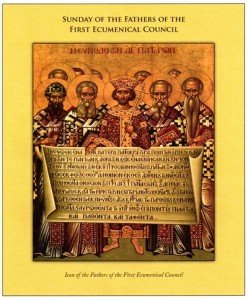 In the last issue of this article I raised the issue of unconditional love of others. After I did that I realized that it is important for us to also realize that this admonition by Christ presupposes that we also “unconditional love ourselves.” As I thought about this subject I realized that we can consider this exhortation of Jesus as beyond our ability IF we don’t also unconditionally love ourselves.
In the last issue of this article I raised the issue of unconditional love of others. After I did that I realized that it is important for us to also realize that this admonition by Christ presupposes that we also “unconditional love ourselves.” As I thought about this subject I realized that we can consider this exhortation of Jesus as beyond our ability IF we don’t also unconditionally love ourselves.
Think about what Jesus said. He said, love your neighbor as yourself. If you don’t love yourself, you can never love your neighbor. Of course we never really consider this point. There is always a presumption that we love ourselves. This, of course, is not always true. We cannot truly love ourselves if we feel that we are not worthy of being loved.
I find that many people really don’t love themselves. They have this feeling that they are not good enough or per-fect enough and, therefore, cannot love themselves.
I also find, however, that people love themselves and only want to indulge themselves, believing that they are deserving of all things in this world. It is a false love of self and usually covers up a deep sense of true unworthiness. Love of self means that I understand myself and see myself as God sees me. True love of self means I have a realistic understanding of who I am in the sight of God. It means recognizing my strengths and my weaknesses. All of us have certain weaknesses. We are not perfect nor does God expect us to be perfect. BUT, we have to be able to recognize ourselves as we are. That is true self love.
It seems to be a truth that if I cannot find the strength to love myself unconditionally, I can never love others unconditionally. Love others as your self. When I cannot truly love others, it usually means that I truly do not love myself. Think about this!




